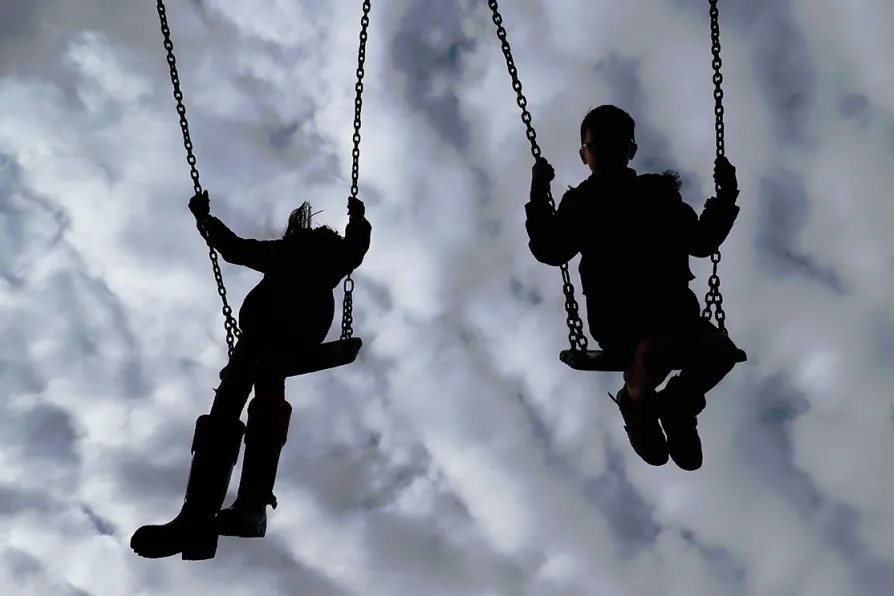
 Children playing on swings in a park near Ashford, Kent
Children playing on swings in a park near Ashford, Kent
THE two-child benefit cap must be abolished in full, not just in part, to stop rising child poverty from rising, a think tank has said.
Dubbed the “sibling penalty,” the rule, introduced in 2017, has restricted access to benefits for families with a third or later-born child.
Researchers from the Resolution Foundation suggest that scrapping the policy would immediately lift 330,000 children out of poverty and prevent a further 150,000 from falling into poverty by 2029-30.
Pressure is piling on the government to finally remove the cap in the upcoming autumn Budget next month.
But officials are reportedly considering alternative options to only partially lift it, such as through tapering benefits by child or lifting the cap only for working parents on universal credit.
Resolution Foundation economist Alex Clegg warned: “If the government doesn’t act this parliament, child poverty will reach a new historic high, with more than one in three children growing up in poverty by 2029-30.
“None of the partial options for repeal floated in recent months would be enough to keep child poverty from increasing over the course of this parliament.”
According to the think tank, any option which only partially lifts the cap — including moving to a three-child limit, lower child elements for third and subsequent children, and lifting it for working families — would still increase the rate of child poverty to 32 per cent at the end of the forecast, up from 31 per cent in 2024-25.
A government spokesperson said: “Every child, no matter their background, deserves the best start in life.
“That’s why our Child Poverty Taskforce will publish an ambitious strategy to tackle the structural and root causes of child poverty.
“We are investing £500 million in children’s development through the rollout of Best Start Family Hubs, extending free school meals and ensuring the poorest don’t go hungry in the holidays through a new £1 billion crisis support package.”










